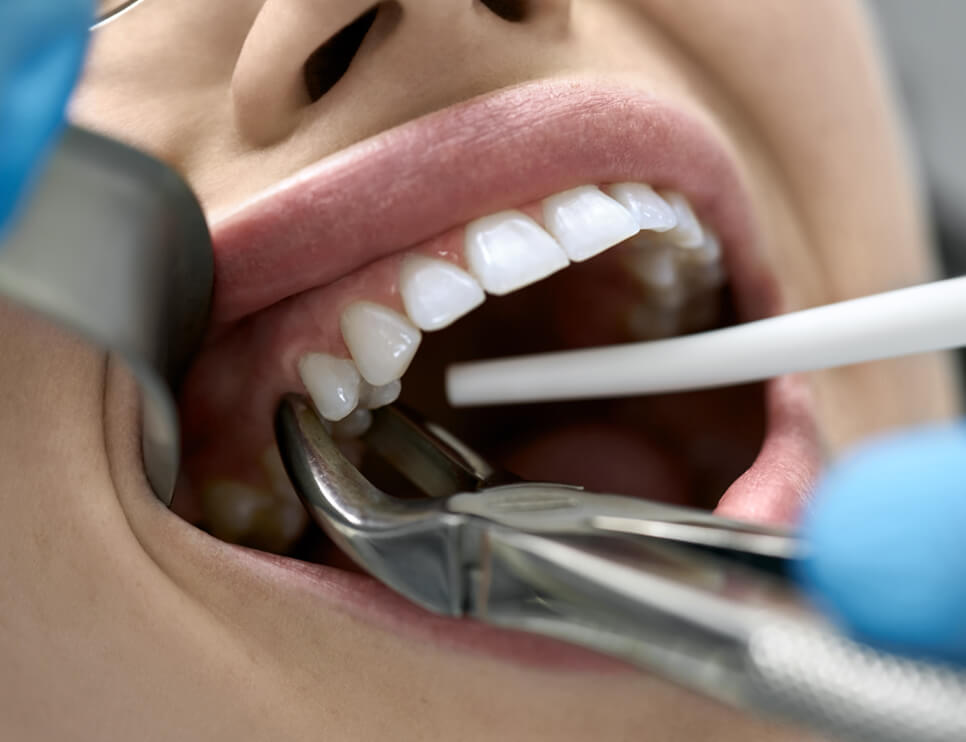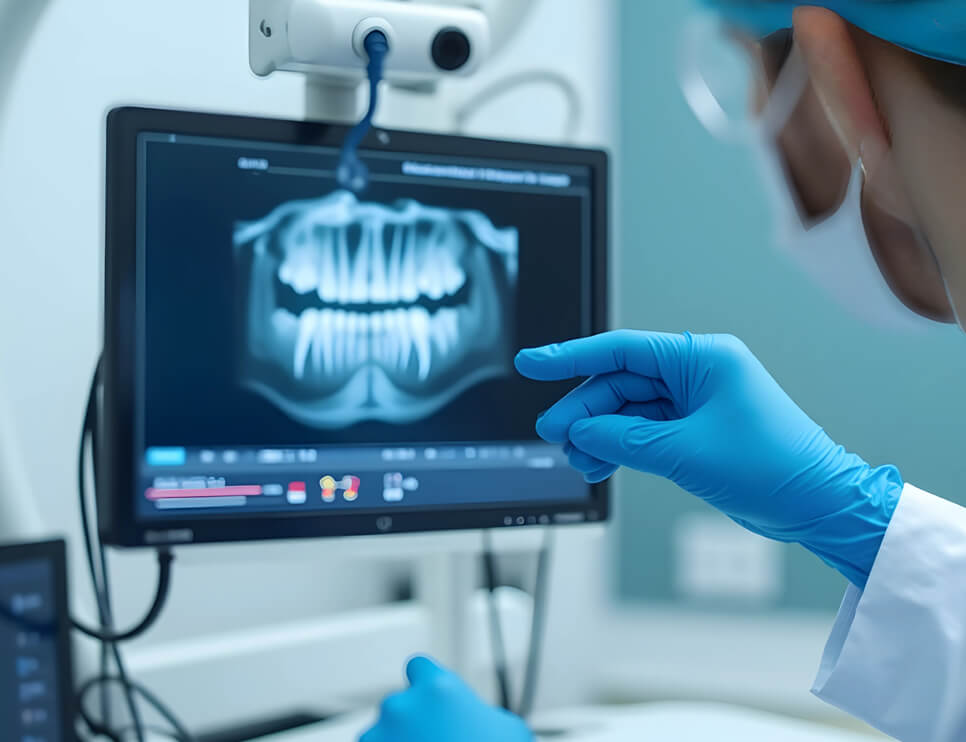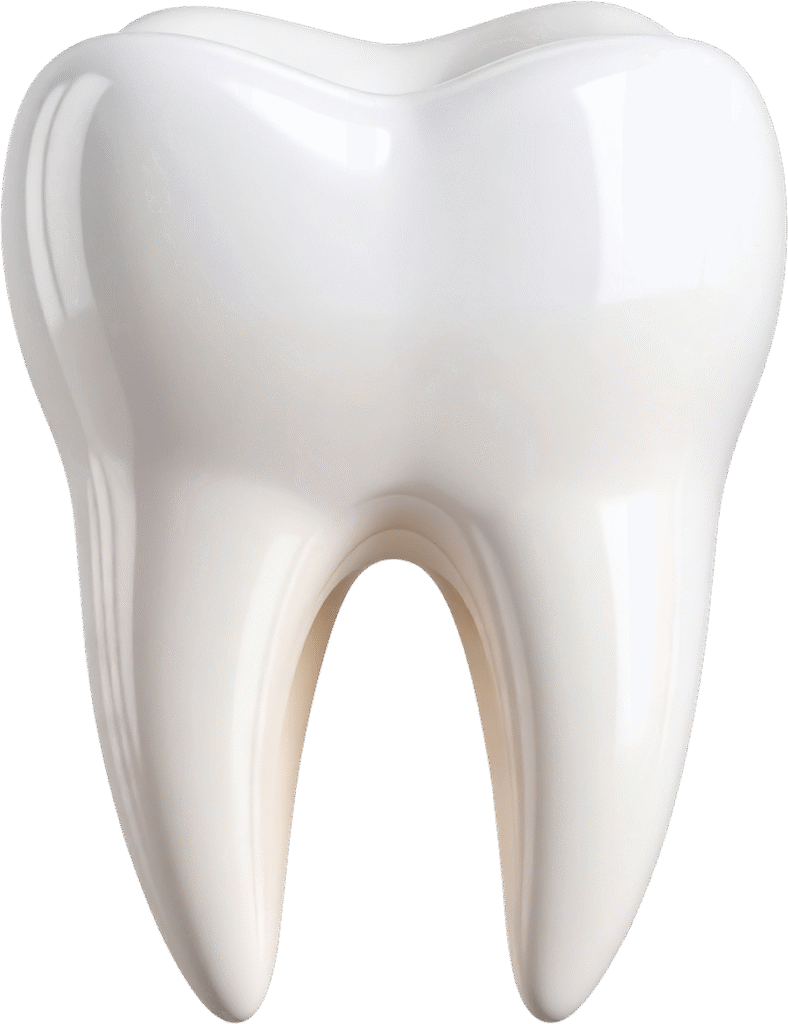Tooth pain is usually associated with cavities—but what if you’re experiencing discomfort and your dentist confirms that your teeth are cavity-free? If this sounds familiar, you’re not alone. At Tatum Dentistry in Charleston, SC, we often see patients with unexplained tooth pain. And while cavities are a common culprit, they’re not the only cause of toothaches.
In this blog, our oral health experts will explore some of the most common reasons you might have tooth pain even if you don’t have a cavity, and what you can do about it.
1. Tooth Sensitivity (Dentin Hypersensitivity)
If you feel a sudden, sharp pain when drinking something hot or cold, you might have tooth sensitivity. This happens when the protective enamel wears down or when gums recede, exposing the dentin underneath.
Common causes include:
- Brushing too hard
- Using a hard-bristle toothbrush
- Acidic foods and drinks
- Teeth grinding or clenching
Treatment: A dentist can recommend sensitivity toothpaste, fluoride treatments, or even bonding agents to help reduce discomfort.
2. Gum Recession
Gum tissue can pull away from your teeth due to aging, aggressive brushing, or gum disease. When this happens, it exposes the root of the tooth—an area that’s not protected by enamel.
What it feels like: A dull ache or sensitivity near the gum line.
Treatment Options: Comprehensive dental care, including deep cleanings, gum grafts (in severe cases), and a gentle oral care routine, can help manage and prevent further gum recession.
3. Teeth Grinding (Bruxism)
Grinding or clenching your teeth—especially while sleeping—can lead to tooth pain, jaw soreness, headaches, and even cracked teeth. You might not even realize you’re doing it.
Signs you may be grinding:
- Flat or worn-down teeth
- Jaw stiffness in the morning
- Tooth pain without any visible damage
Treatment: A custom night guard can protect your teeth while you sleep and reduce discomfort.
4. Cracked Tooth or Hairline Fracture
Sometimes a tooth can develop a microscopic crack that doesn’t show up right away on X-rays but still causes pain, especially when chewing or biting.
Symptoms:
- Sharp pain when biting down
- Sensitivity to temperature
- Inconsistent or “on-and-off” pain
Treatment: Depending on the severity, our dentists may recommend a crown or, in some cases, a root canal.
5. Sinus Pressure or Infection
Your upper back teeth are located very close to your sinus cavities. If you have sinusitis or a bad cold, the pressure can radiate and feel like a toothache.
How to tell:
- Pain affects multiple upper teeth
- You’re also congested or have facial pressure
- Pain worsens when bending over
What helps: Decongestants, rest, and fluids—but check in with both your dentist and doctor to confirm the cause.
6. Referred Pain from Jaw or Nerves
Sometimes pain from the jaw joint (TMJ) or even a pinched nerve in the neck can radiate to your teeth, making it feel like a toothache even when your teeth are healthy.
Don’t Ignore Tooth Pain—Even Without a Cavity
Just because you don’t have a cavity doesn’t mean everything’s fine. Pain is your body’s way of saying something needs attention. If you’re dealing with persistent or unexplained discomfort, it’s best to schedule an exam with your dentist office to rule out hidden problems and get lasting relief.
Trust Your Smile to a Dedicated Charleston Dentist at Tatum Dentistry
At Tatum Dentistry, we take a thorough, compassionate approach to diagnosing and treating tooth pain. If something doesn’t feel right, we’re here to help with the highest quality dental care. Reach out to learn more about our dental services and schedule a visit with our local dental care team.
With a comprehensive range of dental services, including cosmetic dentistry, dental implants, Botox for TMJ, and sedation dentistry, we’re proud to be the preferred dental medicine team in the Charleston area. Because in the end, a healthy smile is more than just beautiful—it’s a reflection of confidence, comfort, and overall wellness.












